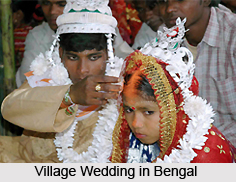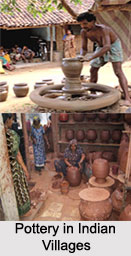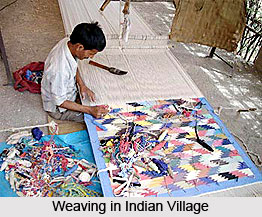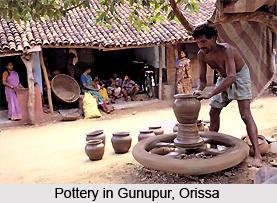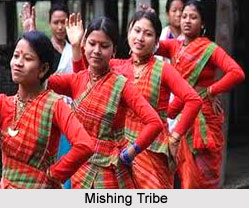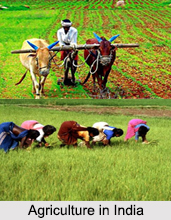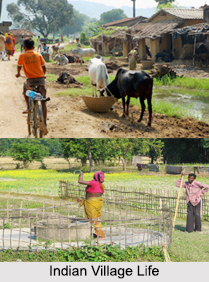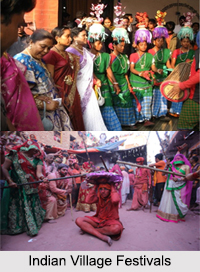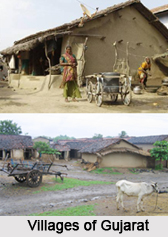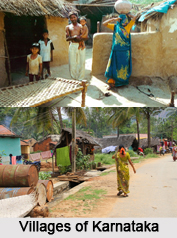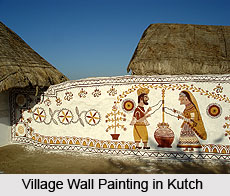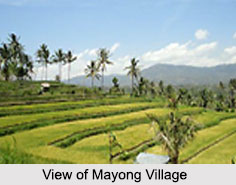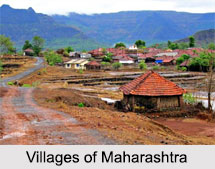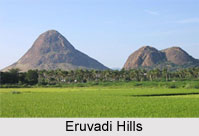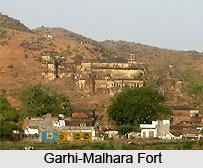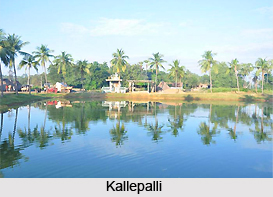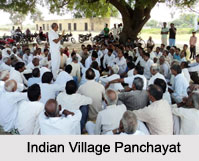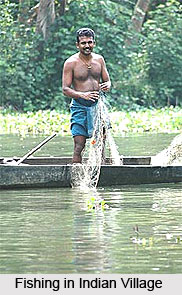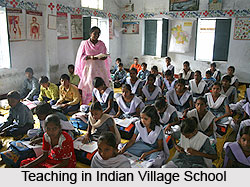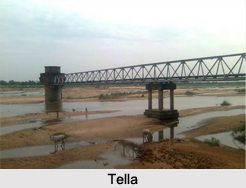 Tella which is also called Telna is a village in West Bengal. This village is famous for the presence of ponds, lakes and creeks.
Tella which is also called Telna is a village in West Bengal. This village is famous for the presence of ponds, lakes and creeks.
Location of Tella
Tella is a place in Onda tehsil of Bankura district in West Bengal. Onda is the nearest town to Tella. It is about 1.5 km or 0.93 mi. The village is next to National Highway NH 60 and is well connected to train network through the nearest railway station Ondagram (2.5 km or 1.6 mi).
Population of Tella
Tella has majority of the residents Hindus. As per Population Census 2011, 92 families reside in the village. Tella has a population of 414 of which 224 are males while 190 are females. People of different castes and creeds have been living harmoniously here for generations.
Economy of Tella
The main occupation of the villagers of Tella is farming. The main crops are kharif crops like rice, maize, etc., which are cultivated during the monsoon season when there is abundant water for irrigation. During the other times of the year, cash crops like betel leaves are cultivated, which is primarily reliant on water from the large ponds in the village for irrigation. Fishing is also an important source of livelihood and constitutes a primary part of the daily diet. In recent years, many have migrated to other towns and cities in India in search of better livelihoods. Remittances from them have led to improved prosperity and living conditions.
Eco Tourism in Tella
Tella has the age old terracotta Hindu temple which is located at the entrance of the village at NH 60. The temple is believed to be constructed around 1590. It is the centre of attraction and village activity during the Hindu religious festival of Maha Shivaratri. Adjacent to the Shiva temple is the local school. It was constructed in early 1980 and was instrumental in imparting primary education to the children of the village. The school served lunch to all the students as part of the government-sponsored mid-day meal scheme. Tella is known for its numerous ponds and lakes. While the smaller ones are privately owned, the larger ones are either owned by community or open to public. Now, some of the bheris and the ponds are prepared for the picnickers and the weekenders.
